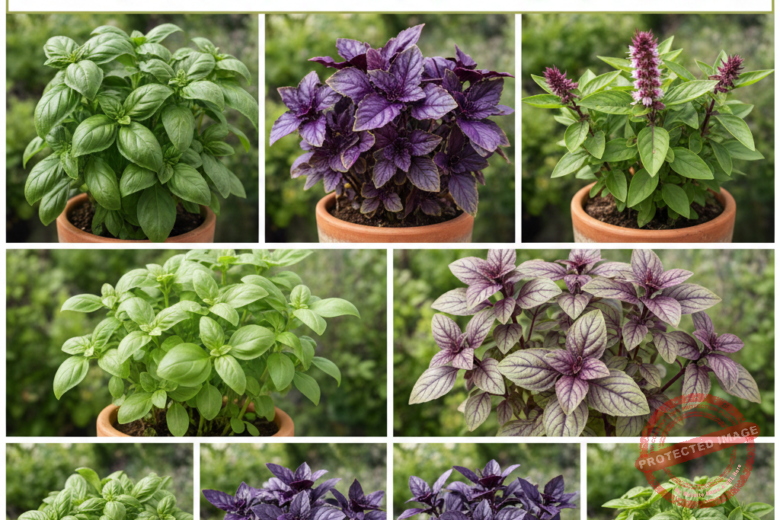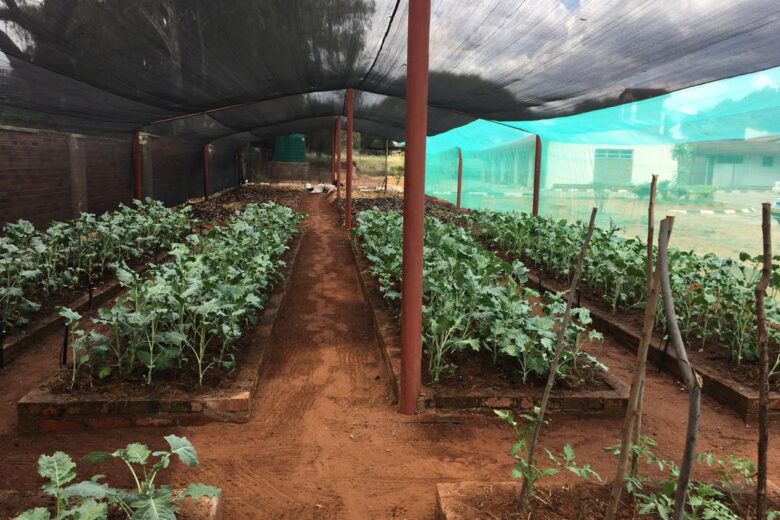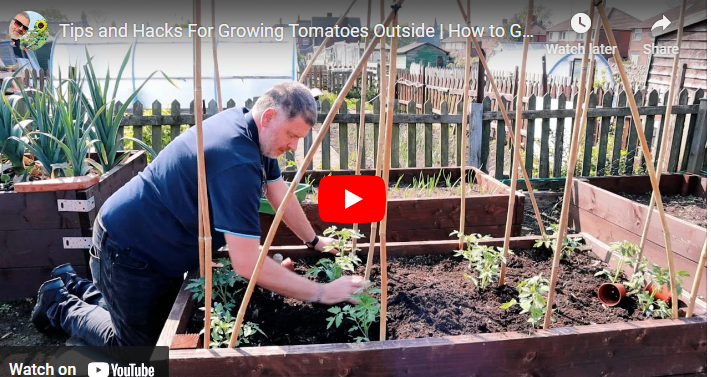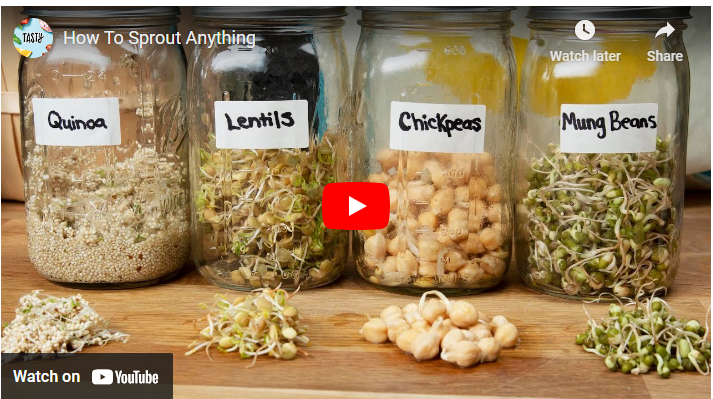If you are reading this material, it means you are interested that you are interested to start palm farming in Ghana. Palm farming is a lucrative business because palm products are highly demanded; however, they can be tasked to start and require much capital.
To start palm farming in Ghana, you must prepare by planning, getting farmland, preparing the Farmland, selecting suitable palm seeds, planting, palm farm management, and harvesting.
With the above step, you can start planting your palm farm now and within a few years, you will begin to make money from the business.
How To Start Palm Farming In Ghana
You are making the right decision by taking a step toward becoming a palm farmer. Even though you will have to commit resources and time, in the long run, it is worth it.
To begin with, we have discussed the steps extensively to start palm farming in Ghana.
Read Also: [Beginners Guide] How To Start Cabbage Farming In Ghana
Step 1 – Planning
Planning is essential regardless of the type of business you intend to start. If possible, you can even create a business plan. You must consider the size of the palm farm you wish to establish at this stage.
Read Also: [Beginners Guide] How To Start Tomatoes Farming In Ghana
This is also the phase in which you create your budgets. If you don’t have a sufficient budget, take the necessary steps to obtain one.
If you have a good plan in place, you’ll have an easy guide to follow, a marketing strategy, and an understanding of the financial implications of palm farming.
Step 2 – Get Farmland
The next step is to secure farmland for your palm plantation. There are various methods for obtaining farmland in Ghana. If you have the money or rent, you can buy land. However, buying farmland is preferable because palm trees produce continuously for many years.
Read Also: [Easy Tips] How To Start Growing Cashew In Ghana
Also, when selecting farmland for palm farming, look for a location with consistent rainfall and a maximum temperature of 32 degrees.
Step 3 – Prepare the Farmland
If you buy a new farm with trees, shrubs, and other unwanted plants, the preparation process can be difficult. The following steps must be taken to prepare farmland for farming.
Farmland should be Cleared
To make the farmland suitable for farming, you must clear the land and remove native plants. To help conserve topsoil, consider the density of soil cover and soil type when clearing the land.
Read Also: [Complete Guide] How to Start Rice Farming in Ghana
Trees and Weeds should be Burned
Gather the uprooted unwanted plants and burn them or find another way to dispose of them so that the land is clean and ready for agricultural activities.
Farmland Leveling
The farmland is being leveled as part of the preparation activities. Palm plants thrive when farmland is leveled and free of bumps and holes. Because of the leveled land, the land will always be evenly irrigated.
Read Also: [Beginners Guide] How To Grow Beans In Ghana
Farmland should be Fumigated
As you continue to prepare your farmland, you will apply fumigants. Herbicides should be used to control the growth of unwanted plants as well as pest and disease infestation.
Step 4 – Select Suitable Palm Seed
Palm farming relies heavily on quality seed selection. Selecting quality seeds will result in a high yield. There are numerous palm seed varieties on the market and It would be best if you choose seeds that are suitable for cultivation and, most importantly, produce a reasonable yield.
Read Also: [Beginners Guide] How To Start Growing Onions In Ghana
It is best to choose hybrid seeds that have been treated and can withstand pest and disease infestation while also producing a reasonable yield. Ensure you get the seedlings from the right and trusted source.
Step 5 – Seed Planting
Considering the long time it takes for a palm tree to germinate to maturity. It is important that you first prepare the palm nursery before preparing the land. You can either germinate your seeds or purchase already germinated seedlings.
Read Also: [Beginners Guide] How To Start Hot Pepper Farming In Ghana
The seeds should be kept in a very hot room so they can germinate quickly in 90 to 100 days. When the seeds germinate, they should be transferred to a small plastic container and covered with black loam-manured oil. The young seedlings will sprout after 4 to 5 months in the container. it is time to transplant it to the nursery.
Young seedlings that are 15 to 17 months old should be transferred from the nursery farm and planted on the main farmland.
The best time to transplant on the farmland is during the rainy season when there will be enough water in the soil to sustain the young palm. Also, plant with adequate spacing, keeping in mind the growing period when the palm fronds will be spread all over the place.
Step 6 – Palm Farm Management
Control of Pests and Diseases
You don’t go to rest or relax after planting your palm seedlings or planting through any of the methods mentioned above. Extreme weather should be avoided from the time the plants germinate until they are fully grown.
Also, keep an eye out for pests and diseases so that you can combat them by fumigating the farm. You must also weed the farm if necessary, to remove unwanted plants that compete with the palm tree.
Application of Fertilizer
You must fertilize your farmland for your palm tree to grow properly. Fertilizer application will help increase soil nutrients, which will improve plant health and help combat pests and diseases.
Step 7 – Harvest
After you have completed your part in establishing your oil palm plantation in Ghana, the next step is to maintain it and wait for the palm tree to start producing. It takes just two years after planting for the palm tree to start producing fruit (palm kernel). From then on, you’ll be harvesting cash all year long for different eras.
Which Town In Ghana Produces Palm Oil?
The towns in Eastern, Central, Western, Ashanti, Volta, and Brong Ahafo are the major regions that produce palm oil in Ghana.
How Many Years Does It Take A Palm Tree To Bear Fruit?
Palm tree begins to bear fruit between 3 to 4 years after planting.
Is Palm Tree Profitable?
For many decades, palm tree farming has been a profitable business in Ghana. With little demand, the venture guarantees a large harvest. However, the initial phase can be challenging but ultimately profitable, promising a global market ready to purchase.
How Many Palm Trees Can You Grow Per Acre?
Per acre of land, you can grow 60 palm trees.
Does Ghana Export Palm Oil?
Ghana is a country that exports palm oil. It is ranked as the world’s 18th largest exporter of palm oil.
What Is The Raw Material Of Palm Oil?
Palm oil is an edible oil derived from the mesocarp (reddish pulp) of the oil palm fruit.
Which Palm Tree Grows The Fastest?
Caryota urens are the fastest-growing palm. It grows at a rate of about 7 feet per year. Caryota urens can grow to be 40-50 feet tall with a spread of 10-20 feet.
What Is The Lifespan Of A Palm Tree?
A palm tree has an average lifespan of 7 to 8 decades. However, it is entirely dependent on the palm tree species.
How Many Times Does Palm Tree Produce In A Year?
Each year, a healthy productive tree produces 12 to 14 of these bunches.
How Many Times Can You Harvest Palm Oil?
You can harvest palm oil once every 7—10 days.
How Do I Start A Palm Tree Business?
To start a palm tree business, you have to design a business plan, get your startup capital, purchase suitable land, plant your seedlings with the spacing method, manage your palm trees, and begin to sell the product once they yield.
How Many Litres Of Palm Oil Can A Palm Tree Produce?
You can get up to 50 liters of palm oil from a palm tree.
Are There Palm Trees In Ghana?
There are palm trees in Ghana and the country is one of the major exporters of palm oil in West Africa.
Which Plantations Are Common In Ghana?
The common plantations in Ghana include cocoa, oil palm, rubber, and citrus.
How Do You Make Palm Oil In Ghana?
- Harvest of fresh palm fruit from the farm
- Threshing: removal of fruit from the bunches
- Cleaning of bunches
- Digestion of the fruit
- Pressing: extraction of palm oil
- Clarification and drying of oil
- Oil storage
- Recovery of kernel
What Is In Dende Oil?
Dendê oil is reddish, made of tripalmitin, olein, lanolin, stearin, and palmitic acid, and has a sweetish flavor, strong odor, and dense consistency.
How Many Oil Palm Trees In 1 Acre In Ghana
One acre of palm farm in Ghana contains 60 palm trees.
Plantation Farms In Ghana And Their Location
The plantation farms in Ghana are mostly located in Eastern, Central, Western, Ashanti, Volta, and Brong Ahafo.
Twifo Oil Palm Plantation
Twifo Oil Palm Plantations Limited is located in the Central Region of Ghana, near Twifo Praso, and has a Nucleus planted area of 4234 hectares.
Oil Palm Production in Ghana PDF
The oil palm production in Ghana PDF contains all the information you need to know about oil palm production. The guide will provide you with the knowledge needed to establish and operate oil palm production in Ghana.
Current Price of Palm Oil in Ghana
The current price of palm oil in Ghana depends on the measurement you intend to buy. The price of 25-liter palm oil currently is GH₵ 450.
Effects of Plantation Farming in Ghana
- Displace residents
- Cause land scarcity and land tenure issues
- Reduce local food security through export crop specialization
- Decrease biodiversity
- Pollution and general destabilization
- Disruption of the socioeconomic system, which includes the land or natural environment
Oil Palm Production PDF
Oil palm production is a lucrative business considering the high demand for the product. before you venture into oil palm production, ensure you learn the step–by–step process involved in the business by reading the Oil Palm production PDF.
Conclusion
Ghana is one of the highest producers and exporters of palm oil in Africa. You can also take advantage of this profitable venture by starting your oil palm business. This guide contains all the information you need regarding how to start palm farming in Ghana.




I am very much interested in this business and I want to learn more. Pls I want a soft copy on how to start a palm fruit farming.
You can get it via this link
How to start Palm fruit plantation PDF
Please how many Palm trees in one acras of lond
Maximum of 70 sticks per acre.
Thank you for the education. palm farming is my dream and I am to start it this 2023. My problem is to know the cost of the pre-germinated seedlings.
It’s cost effective to nurse the seeds yourself.
However, a stand of palm seedling can cost as low as 10GhC.
God bless you for the information.
I will like you to be my mentor.
0548170390.
Or you can leave your contact
It’s our pleasure helping you out. You can get through to me via our official email address [email protected]
Also You can connect with us on Facebook by searching for agrolearner.com and liking and following our page
Thank you very much for the info
It’s my pleasure